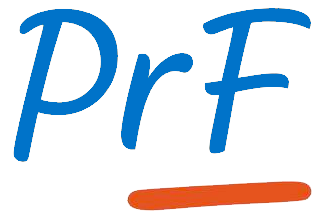Cooking oil is necessary for all kinds of yummy food items from fried chicken to sauteed mushrooms. While the result is usually tasty, the process can get a bit hazy when oil starts to smoke. Have you ...
The project tests the effect of heat -at varying temperatures- on the viability of biological enzymes. Put simply, at what temperature do enzymes stop working? Pinpoint at exactly what temperature the ...
Adults take it for granted that plants need sunlight and water to live and grow, however young children, to whom the world is still new, may yet be coming to an understanding and appreciation of this ...
This project takes an unbiased look at cockroaches, termites, and other insects we wish to be rid of. To discover and outline the benefits of annoying bugs. To further encourage the ethical treatment ...
The science of genetics began when Gregor Mendel noticed that biological variations are inherited from parent organisms as specific, discrete traits. In this project you will define and illustrate the ...
Chlorine is a chemical added to water supplies to kill microorganisms. Microorganisms are tiny living things like bacteria, viruses, and protozoans that cannot be seen with the naked eye.Cholera, typh ...
Using a starch-iodine solution, students will measure the amount of vitamin C in ripe, half-ripe and unripe oranges. They will learn about the instability of vitamin C.It is an educational content by ...
In varying degrees, the fruit and vegetables that we eat contain water. While high water content is loosely associated with higher values of macronutrients such as protein, it is not necessarily assoc ...
Ladybugs are charming creatures, enjoyable to watch, harmless to hold, useful in gardens, wished upon like stars and blown away in the breeze. Some say a ladybug’s spots determine its age. This projec ...
Have you ever gone to make a sandwich only to discover that the last two slices of bread have mold on them? We are always told to use soaps and hand sanitizers to clean our hands of tiny organisms, bu ...




